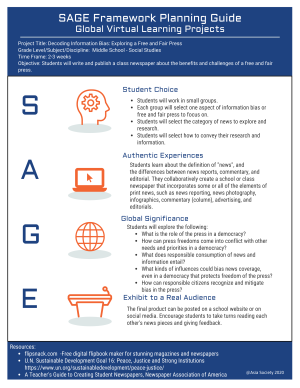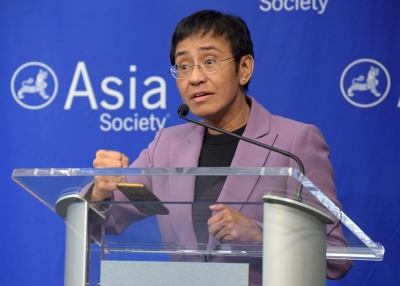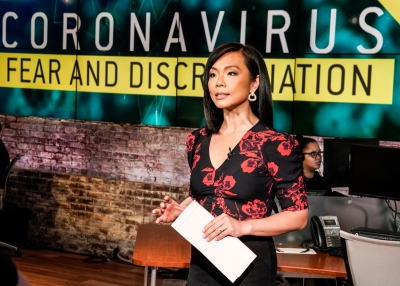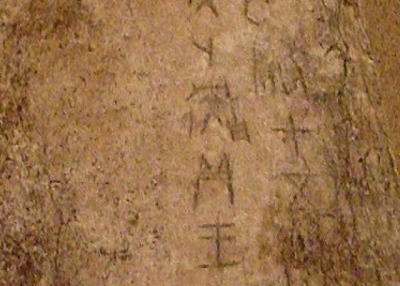Decoding Information Bias: Exploring a Free and Fair Press
Sustainable Development Goal 16: Peace, Justice and Strong Institutions
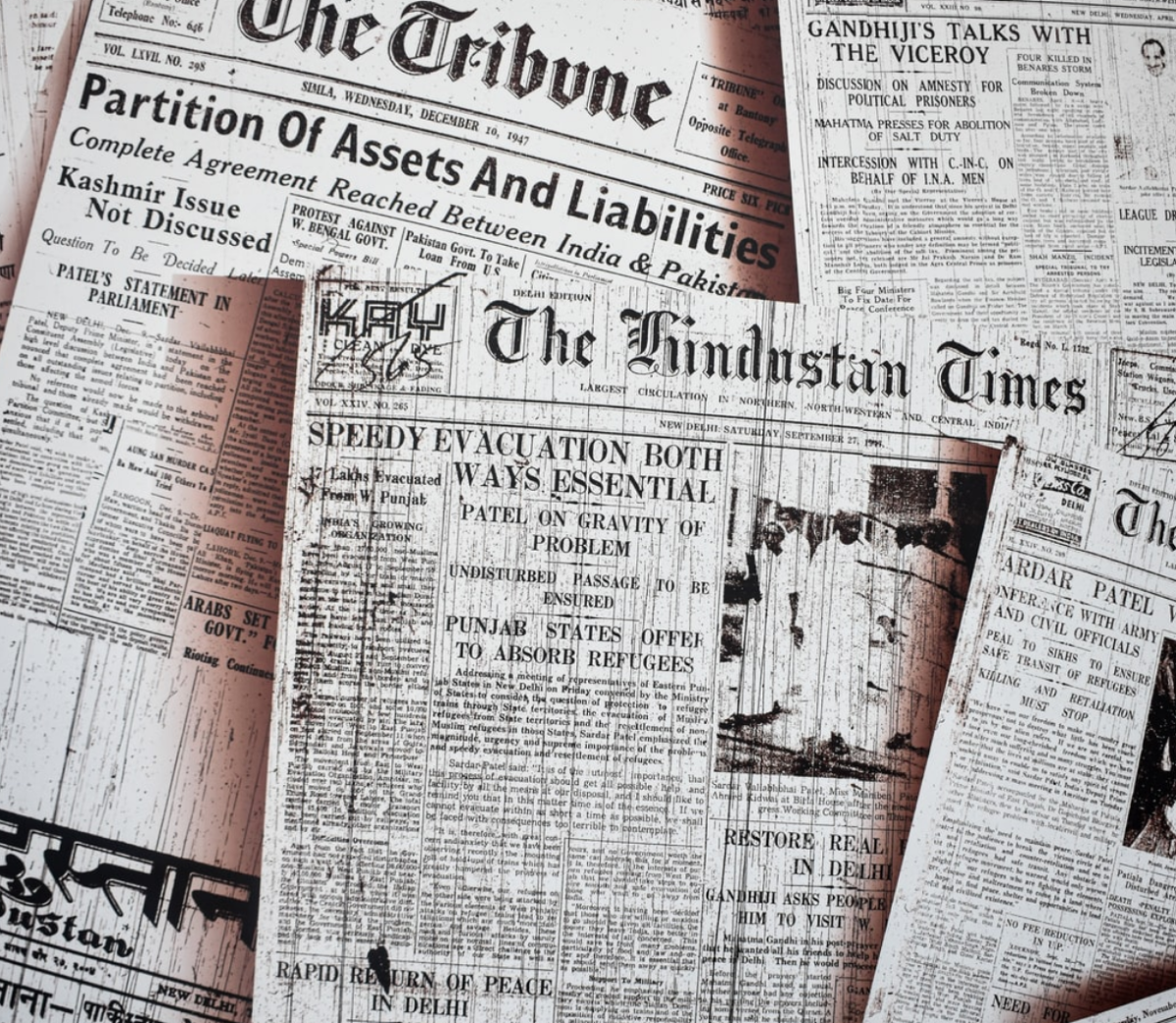
Why is decoding information bias important when learning about a global issue?
Digital content is everywhere. It is readily available on our personal devices and can influence the way we think and act. Learning to decode the bias that is integrated in what one reads, listens to and watches is a critical skill for students to acquire. Forms of digital content include information that is digitally broadcasted, streamed, or contained in computer files.
One way students can unpack bias is to learn about the definition of news, and the differences between news reports, commentaries, and editorials. When students research and learn about global issues, it is important for them to know why a particular point-of-view is being presented and how that view point is influenced by bias. Students gain the benefit of the following enduring understandings by studying information bias and the role of a free and fair press:
- Investigating the world is a responsibility of citizenship, and a free and fair press is one important way students can investigate the world.
- Recognizing perspectives means seeking information from different sources and different points of view to develop an objective, balanced understanding of the world. It also means carefully considering conflicts between two or more equally valid principles when deciding what should and shouldn’t be published.
- Students are participants in the free and fair press when they communicate ideas by sharing news reports and their own observations of newsworthy events. Being responsible in what and how they communicate is a responsibility of informed citizenship.
- Students can take daily action to support freedom and fairness in the press by being responsible consumers of information and by advocating a press that is independent of government and special interests.
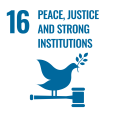
Now, how do I make this project authentic?
A free and fair press consists of news sources and outlets that are not owned or controlled by the government. In democratic societies, the free press contributes to freedom of expression, thought, and conscience, which are usually constitutionally protected. A free and fair press consists of a professional journalist corps, news publishing and distribution organizations, and, in the modern era, social media platforms where individuals can write and distribute their own articles, photographs, and videos to contribute to the news flow. While considering this issue, students should become aware of the following concepts:
- Freedom of the press is considered a lynchpin of democracy, because it encourages governments to be responsive to public concerns.
- Press fairness refers to the principles of objectivity and transparency in news reporting. Objectivity means information is fact-based and every effort is made to eliminate bias. Transparency means that when there is a bias or the possibility of bias, there is also a disclosure of the information that may cause bias or create the appearance of bias.
- Press freedoms can conflict with other important societal needs. Sometimes these conflicts are resolved by light governmental regulation, sometimes by commonly accepted ethical and professional practice, and sometimes by informal agreements that protect relationships between reporters and their subjects.
- In some parts of the world, the press is managed or even owned by the government. In these cases, the press passes along information the government wants the public to hear and does not play an investigative or watchdog role.
- Informed citizens need to become conscious consumers of information. With the spread of technology, information that used to be regionally focused and in the exclusive purview of a professional press now also comes from other parts of the world and from individuals who record and comment on events online. With information coming from a vast array of sources, it can be difficult to identify bias and distinguish fact from interpretation.
Here is an example.
